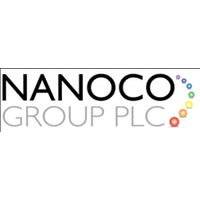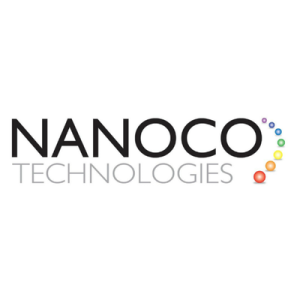Nanoco Group plc (LON:NANO), a world leader in the development and manufacture of cadmium-free quantum dots and other specific nanomaterials emanating from its technology platform, announced today an update on its litigation against Samsung for the alleged willful infringement of the Group’s IP.
On 17 February 2020, the Group announced that it had filed a patent infringement lawsuit against various Samsung entities in the United States District Court for the Eastern District of Texas (the ‘Court’). Subsequently, on 29 March 2021, the Group reported that it was pleased with the initial indications arising from the claim construction hearing (also known as a ‘Markman’ hearing) that was held on 26 March 2021. A Markman hearing establishes the Court’s interpretation of certain words or phrases pertinent to the patents and the case. The Court was asked to construe the meanings of five different words or terms used in the patents that Nanoco alleges Samsung has infringed. These definitions can be important to either side’s arguments but not necessarily so.
The Court has now issued its final report on the Markman hearing. The findings of the report are substantially unchanged from the preliminary construction proposed by the judge at the Markman hearing. The Judge effectively rejected four of the five constructions proposed by Samsung and rejected one of the constructions proposed by Nanoco. In four of the five patents in the case, Nanoco’s constructions were upheld and in the fifth patent Nanoco and Samsung each had one construction upheld.
As reported previously, the Patent Trial and Appeal Board is expected to rule in May 2021 on whether or not it will grant Samsung’s request to institute inter partes reviews (‘IPRs’) of the five patents in the case. This is a parallel process which examines the validity of the patents themselves. If instituted, an IPR process can take 12 months. To succeed in the case, Nanoco needs to win the IPRs and the trial.
A trial date for the jury hearing into the alleged wilful infringement of the Group’s IP by Samsung has been set for October 2021, though this may yet be subject to delay.
Brian Tenner, Chief Executive Officer of Nanoco Group plc, said:
“We are pleased with the final report on the Markman hearing. While this is just one further step in a lengthy process, it is positive in respect of the credibility of Nanoco’s patents and therefore maintains our confidence in our case that Samsung wilfully infringed our IP ahead of the trial in October.”


